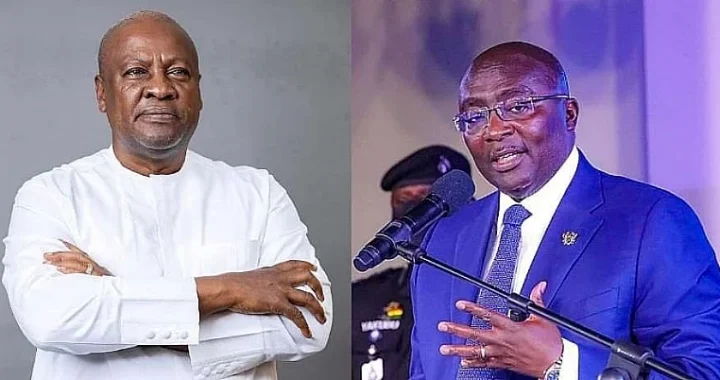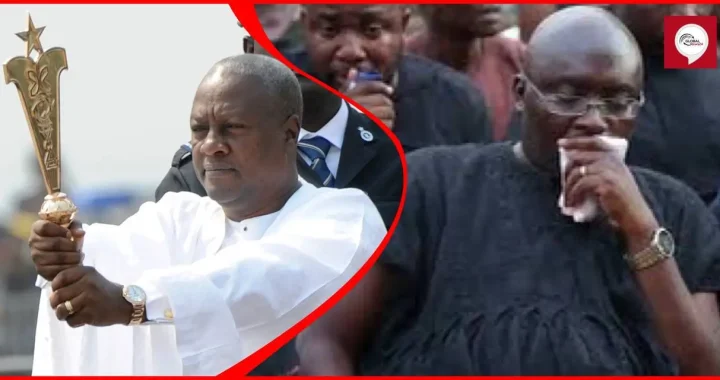Who Was Donald Payne Jr, And How Did He Get Into Politics?

Who Was Donald Payne Jr, And How Did He Get Into Politics? - GlobalCurrent24.com
Who was Donald Payne Jr? What was the cause of his devastating death, and how did he get into politics?
Rep. Donald Payne Jr. (D-Newark), a highly personable, low-key but effective, progressive six-term congressman from New Jersey who was passionate about social justice and client service, died today, April 24. He was 65 years.
Payne had a heart attack on April 6 and has been unconscious and on a ventilator since then at Newark Beth Israel Medical Center. He has faced a number of health challenges in recent years, including diabetes, high blood pressure, and renal problems that necessitate regular dialysis.
Who Was The Late Donald Payne’s Father?
Payne’s father, Rep. Donald Payne Sr. (D-Newark), was a pioneer in New Jersey politics. He became New Jersey’s first Black representative when he was elected to Congress in 1988, winning an open seat after repeatedly opposing Rep. Peter W. Rodino (D-Newark) in the Democratic primary in a district with a majority of Black people.
When Did His Father Die?
Following his father’s death from colon cancer in March 2012 at the age of 77, Payne ran for the United States House of Representatives and won a competitive primary in New Jersey’s 10th District.
His Early Journey Into Politics
As a Democrat, Payne checked all the progressive voters’ boxes: he backed Medicare for All, the Green New Deal, racial justice, equal rights for everyone, reproductive freedom, public transportation, and free college.
Payne became a national leader in a push to support clean drinking water projects around the country, resulting in the adoption of a House infrastructure plan that contained $55 billion for the nationwide replacement of lead pipes. Nearly $200 million was spent to replace more than 24,000 LED pipes in Newark.
Payne sponsored the Safer Neighborhoods Gun Buyback Act of 2019, which aimed to minimize community gun violence.
Payne voted in favor of the Build Back Better Act, which aims to make childcare, housing, and prescription pharmaceuticals more accessible while also combating climate change. He backed efforts to expand the Voting Rights Act, provide citizenship to undocumented immigrants, and enact the George Floyd Justice in Policing Act.
His Political Acts And Positions
Under a Democratic majority, Payne chaired the House Transportation and Infrastructure Subcommittee on Railroads, Pipelines, and Hazardous Materials. He previously chaired the House Homeland Security Subcommittee on Emergency Preparedness, Response, and Recovery.
Payne, born in Newark on December 17, 1958, was just five years old when his mother, Hazel, died. This left his father with three children to raise on his own.
Before running for office, he was president of the South Ward Young Democrats, a Garden State Parkway toll collector, and an employee of the Essex County Educational Services Commission.
Payne began his own electoral career in the same way as his father did in 1972: as an Essex County Freeholder candidate in a countywide election. In 2005, Democrats put Payne on the organization line to succeed Albertus Jenkins, who chose not to run for reelection. Running against three incumbents, Payne received the most votes, approximately 105,000, against a Republican ticket led by Candace Straight.
He was re-elected in 2008 and 2011, and he received the most votes in primary and general elections in each county contest in which he ran.
In 2006, Payne ran for an at-large seat on Newark City Council. That was the year Cory Booker was first elected Mayor.
In the May nonpartisan municipal election, he finished fifth out of twelve candidates competing for four seats. Seven at-large candidates advanced to the June runoff, including three incumbents who competed alongside Booker: Luis Quintana (20,479), Mildred Crump (18,441), and Carlos Gonzalez (14,158). Ras Baraka, the current mayor of Newark, garnered 15,512 votes, while Payne received 13,198.
In the run-off, Payne finished third with 16,489 votes, trailing Crump (18,550) and Quintana (17,460). Gonzalez (15,580) won the fourth seat, defeating Baraka (11,435) by 4,145 votes.
As a re-election candidate in 2010, Payne received the most votes (20,358), followed by Mildred Crump (18,918), Luis Quintana (17,546), and Carlos Gonzalez (15,547). John Sharpe James (12,589), the previous mayor’s son, finished fifth, followed by Carol Graves (7,141), the former Essex County Register of Deeds and Mortgages and one-time president of the Newark Teachers Union.
When the municipal council reconstituted in July 2010, Payne took over as president.
When Payne ran for Congress in 2012, he had the endorsement of the Essex County Democrats.
He faced a crowded field of six candidates, including Newark West Ward City Councilman Ronald C. Rice, the son of a popular state senator; State Sen. Nia Gill (D-Montclair); Irvington Mayor Wayne Smith; and newcomers Iraq War veteran Dennis Flynn and Cathy Wright, who worked in the Star-Ledger’s billing department.
Gill had the county line in Hudson after receiving the support of the Democratic county chairman, Bayonne Mayor Mark Smith. However, U.S. Senator Bob Menendez and then-Jersey City Councilman Steven Fulop backed Payne.
Rice received endorsements from three Newark city council members: Baraka, Crump, and Darrin Sharif.
Payne, Rice, Gill, and Smith were added to the Union County Democrats’ organizational roster.
Payne won the Democratic primary with 59.6%, defeating Rice (19.5%) by 24,627 votes. Gill placed third with 16.6%, 1,732 votes behind Rice. Smith received only 2.2% of the vote, followed by Flynn (1.3%), and Wright (less than 1%).
Payne won Essex County with 61% of the vote, followed by Rice (23%), Gill (13%), and Smith (2%). Gill won the Hudson County section of the district by a 49%-39% margin over Payne, while Union County gave Payne 69.5%.
Payne campaigned in two elections in two distinct districts that day, seeking both his father’s interim term and a full two-year term. That year’s congressional restricting resulted in minor boundary changes.
Gill did not contest in the special primary, and Payne defeated Rice by 22,423 votes, 70.7% to 24.6%, with Smith coming in third with 4.8%.
New Jersey’s 10th district is one of the most Democratic in the country, and Payne won his first term in Congress with 87.6% over Republican Brian Kelemen. The GOP did not field a candidate in the special election, and Payne defeated independent Joanne Miller with 97.4% of the vote.
In the 2014 Newark mayoral election, Payne endorsed Shavar Jeffries over Baraka.
Payne had considerable negative headlines in June 2021 after a live Zoom camera recorded him in his underpants and Captain America T-shirt during a committee hearing. The event drew criticism from Payne’s Republican House colleagues and caused substantial embarrassment in his home state of New Jersey. The incident occurred because a technologically handicapped Baby Boomer congressman was alone in the office, as his staff was not known for arriving early. Payne used self-deprecating humor to calm the atmosphere.
READ ALSO: JUST IN: US Congressman Donald Payne Jr Dead At 65
 Hillary Clinton is 77 years old today
Hillary Clinton is 77 years old today  Professor Hindu: The Forgotten Ghanaian Magician Who Hacked the Throats of 250 Men and Revived Them
Professor Hindu: The Forgotten Ghanaian Magician Who Hacked the Throats of 250 Men and Revived Them  President Jimmy Carter’s legacy Reevaluated at 100
President Jimmy Carter’s legacy Reevaluated at 100  Will Smith’s Net Worth, Career, Wiki, Bio
Will Smith’s Net Worth, Career, Wiki, Bio  Check who is Kaylani Lei, Facts You Don’t Know About Her
Check who is Kaylani Lei, Facts You Don’t Know About Her  Togbe Tsali, Misterious Surviving Ewe Leader Riding on Crocodile
Togbe Tsali, Misterious Surviving Ewe Leader Riding on Crocodile  2024 Election Live Results: Former President Mahama Wins Election; Dr. Bawumia Concedes Defeat
2024 Election Live Results: Former President Mahama Wins Election; Dr. Bawumia Concedes Defeat  2024 Election Live Results: John Dumelo In Comfortable LEAD As Mahama Projected To Win
2024 Election Live Results: John Dumelo In Comfortable LEAD As Mahama Projected To Win  2024 Election Live Results: Provisional Results So Far; 5 Parliamentary Projections Declared
2024 Election Live Results: Provisional Results So Far; 5 Parliamentary Projections Declared  Election 2024: John Mahama Predicted To Win With 52.2%, Bawumia Trails With 41.4% – Full Report
Election 2024: John Mahama Predicted To Win With 52.2%, Bawumia Trails With 41.4% – Full Report